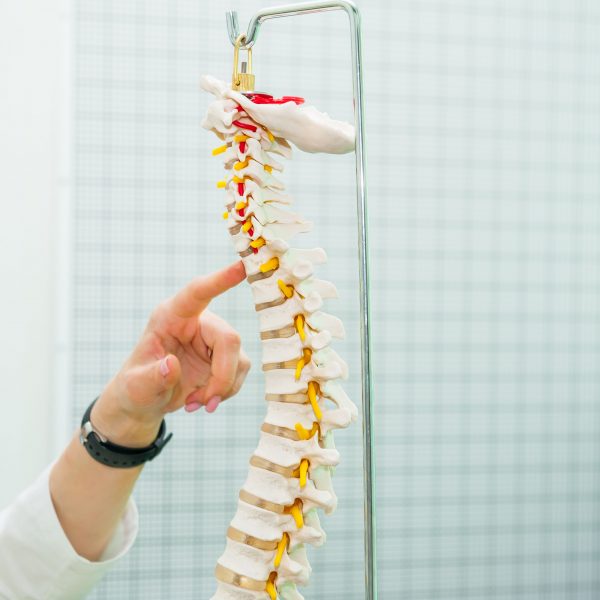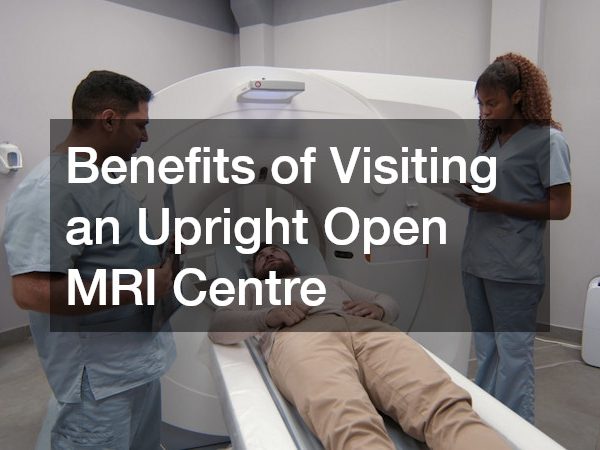Most chronic illnesses come after weeks, months, or even years of symptoms and tests. According to statistics, there are up to 5250 new cases of cancer each day. So, when you are finally diagnosed, it can be a relief in some ways and devastating in others.
You may feel scared, alone, and unsure of what to do next. It’s normal to feel this way. In fact, it’s common for people to feel like they are in a state of shock after receiving a cancer diagnosis.
Your doctor should be your first resource when you receive a cancer diagnosis. They can answer any questions and help you understand your treatment options. You should never hesitate to ask your doctor questions, no matter how small they may seem.
In addition to talking to your doctor, you should also do some research on your own. The internet can be an excellent resource for cancer information. However, it’s important to remember that not everything you read online will be accurate. Try to stick to reputable sources like the National Cancer Institute website.
There are other things can help ease the journey after a cancer diagnosis. Here are some suggestions:
Consider Joining Clinical Trials
After being diagnosed with a chronic disease, many patients feel they are out of options. Thankfully, treatments are often available to help patients manage their symptoms and improve their quality of life. One way to access these treatments is by participating in clinical trials.
Clinical trials are research studies that test new therapies and medications. By enrolling in a clinical trial, patients can access cutting-edge treatments that are not yet available to the general public. This also allows you to receive care from leading experts in the field.
Participation in clinical trials also helps to advance medical knowledge. It may ultimately lead to new treatments for other patients in the future. For these reasons, joining a clinical trial after receiving a chronic disease diagnosis can benefit many patients.
You have the option to enroll in clinical trials or study opportunities online. Many platforms now allow people to participate in rare and non-rare disease research from the comfort of their homes. This way, you can access the latest treatments without having to travel or take time off work.
Find a Support Group or Online Forum
After receiving a chronic disease diagnosis, you may feel like you are the only one going through it. This is often not the case. There are likely many other people in your community living with the same condition. One way to connect with these people is by joining a support group.

Support groups allow you to share your experiences and learn from others who are going through the same thing. Many hospitals and community centers offer in-person support groups. There are also many online forums where you can connect with others who have chronic illnesses.
Support groups are not only for the patients as family members and caregivers can also benefit from attending. It can be helpful to talk to others who understand what you are going through. This way, you, your caregivers, and loved ones can get support and advice from people who have “been there.”
On the other hand, you can access online forums at any time. This can be helpful if you don’t have the time or energy to attend an in-person support group. It can also be a great way to connect with people from all over the world who are living with chronic illnesses.
Talk to a Therapist or Counselor
A cancer diagnosis can take a toll on your mental health. Finding someone to talk to who can help you deal with your emotions is important. A therapist or counselor can provide the support you need to manage your anxiety, depression, and stress.
Statistics show that cancer patients who receive counseling have better mental health outcomes. They are also more likely to comply with their treatment regimen and have a better quality of life. A study even suggests that people with cancer who have a mental health disorder can live longer with the right treatment.
If you struggle to cope with your cancer diagnosis, consider talking to a therapist or counselor. These professionals can help you manage your emotions and get through this tough time. They can also offer the right kind of therapy to improve your quality of life.
Therapy can take many different forms. You may see a therapist in person or participate in online counseling. Many helpful resources are also available, such as support groups and online forums.
No matter what you decide to do, it’s essential to find a way to cope with your diagnosis. Taking care of your mental health is just as important as your physical health. Taking steps to care for yourself can improve your quality of life and better manage your chronic illness.






